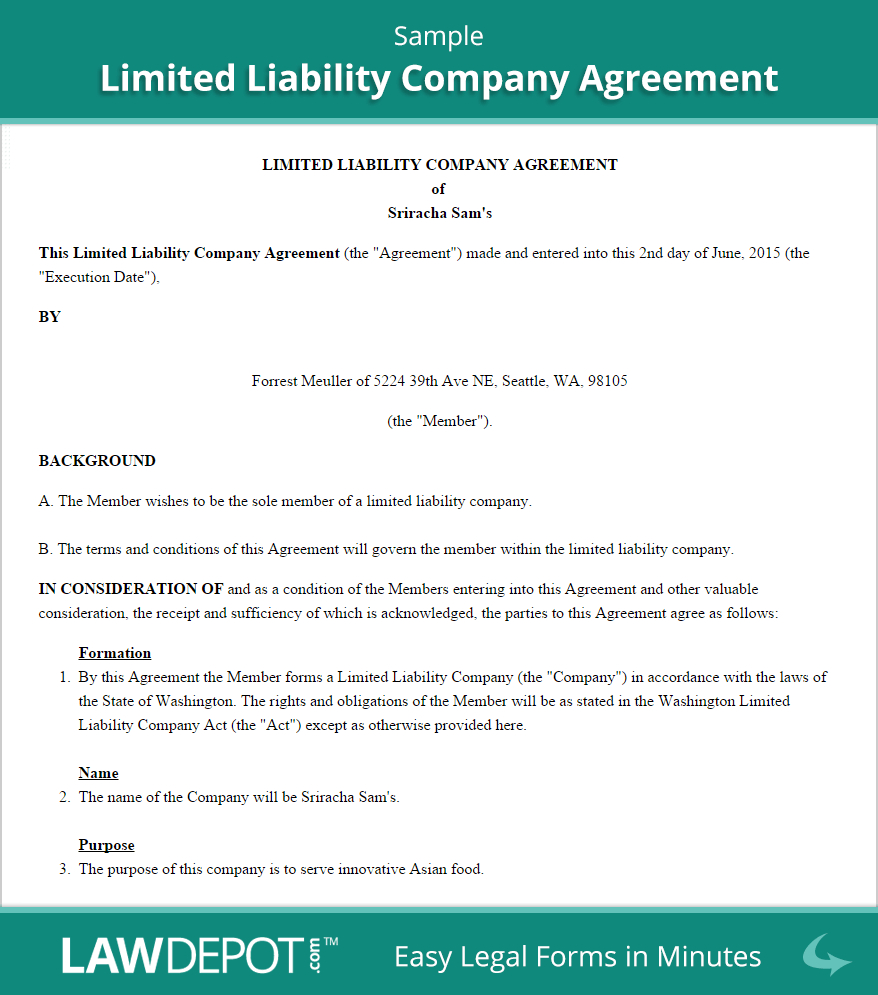
But that means they must write their name legibly, not sign their signature. The law says that the witness must 'sign'. The witness must write their name and address below or very near the maker's signature. The words of execution should name the signatory or otherwise make clear who has signed the document.įor obvious reasons, the signature ought to be in ink or some other indelible medium. The signature should be on the document itself approximately in the space provided.

Signing as a deed requires those very words above to be written on the document and the signature of the person making the deed. In any UK jurisdiction, a document need only be 'signed as a deed and delivered' to be a deed. This article explores the real differences between the two and explains when to use a deed. Lawyers like certainty and safety, so they often use a deed because it costs nothing to do so, avoids the slightest risk, and adds an aura of legal mystery.ĭeeds are often used unnecessarily. Today you can also be bound by an electronic signature provided it is clear that you intended to be bound. The law at its most basic is that if you put your name to a document you are bound by it.

It also tells you the advantages of using a deed over an agreement.
#Letter of execution of agreement in principle how to#
This article tells you how to create a deed and when you should use one.


 0 kommentar(er)
0 kommentar(er)
